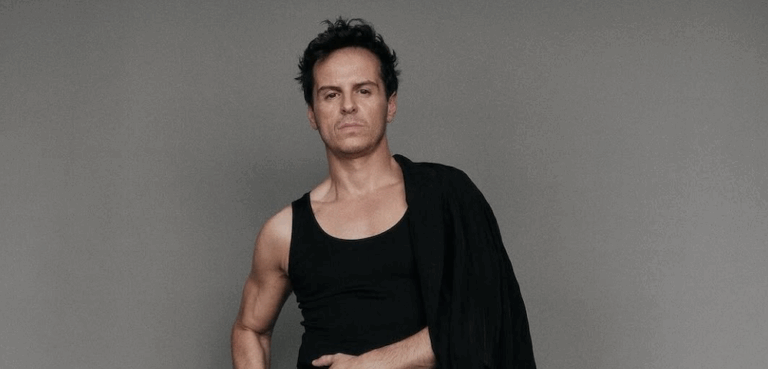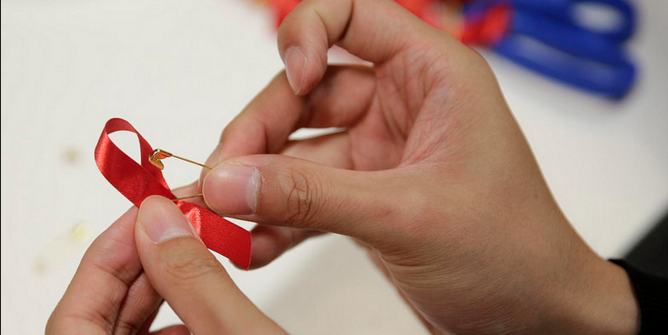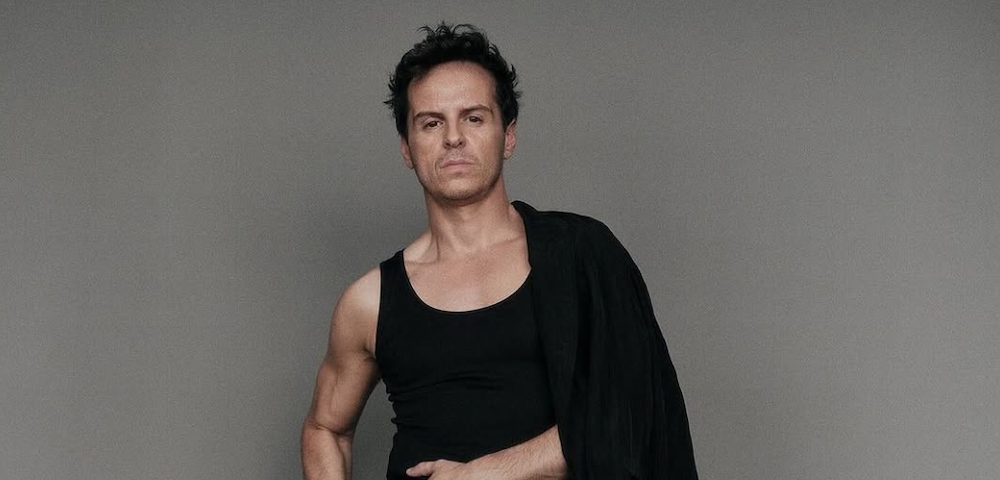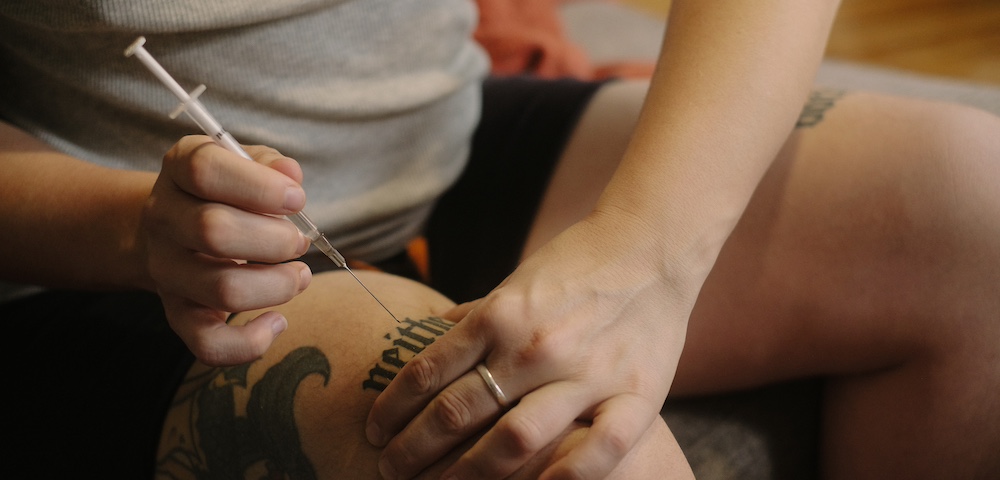HIV slur at Sydney hospital
A HIV positive man who was told by two medical students he shouldn’t be working in food preparation has brought a complaint against St George Hospital.
The man, who asked that his name be withheld, had gone to the hospital with stomach pains. After disclosing his HIV status to physicians he claimed his chart and surgical band were marked with a blue line.
They put the blue line on my wrist band. When I spoke to them they said it was because I had community-acquired multi-antibiotic resistance to Staf. Now I don’t know how they determined that, but it seemed coincidental that when I told them that, that appeared, he told Sydney Star Observer.
Shortly after, two medical students from the University of New South Wales asked to assess him.
They started again palpating my stomach and checking my glands and asking questions to get a medical history, he said. With all my physicians I’m upfront about my HIV status and when I said that they started asking about what kind of work I did.
When I told them I worked in hospitality and tourism they wanted to know if I did food handling and I said, -˜Of course I handle food’, and that’s when they told me I shouldn’t be handling food because I was HIV positive.
I wasn’t losing blood or vomiting or spitting up. I was just in a lot of pain and presented absolutely no risk to anyone. I thought we were past that, so I was very taken aback.
St George Hospital has referred the complaint to UNSW. A spokeswoman for South Eastern Sydney Illawarra Health said, All new staff are made aware and educated in the policy [HIV and infectious diseases policy] on commencing work at St George Hospital.
A spokesman for UNSW said it would look at its student education programs.
The Clinical School has spoken to the students and the patient and it seems there has been a significant and distressing miscommunication, he said.
Medical students at UNSW learn a great deal about ethical issues and discrimination in general and around the diagnosis of HIV in particular. They are taught communication skills in the settings of different patient groups.
Neverthless, the Clinical School and the Faculty of Medicine continually monitor student education programs and will look at whether this situation has highlighted additional issues that may need to be addressed.
Positive Life NSW CEO Rob Lake said the case highlighted the need for ongoing vigilance over patient rights.
It’s important for us that the health service listen to what he said and take action based on that -” and from my understanding that’s what they’re proceeding to do, he said.
This just confirms the fact we can never say enough that one of the critical things of concern to people in the hospital is what happens to the knowledge about their HIV status and what disclosing that accidentally means and how strongly people feel about that.
It’s about training people in understanding the importance of privacy and trying to keep people’s HIV status confidential. It’s an ongoing thing because there are always new staff and HIV is not a common condition, so people working in particular areas of the hospital may not know much about HIV.
That’s why it’s important to make sure some training is available about HIV and about infectious diseases like hepatitis C. That’s not just for nursing staff but for assistants and other people like cleaners -” they need to have access to that information as well.









Hi.
I work at St George Hospital and I can tell you that generally blue lines through the patient label and paperwork means an infectious patient. However, this is only indicative of MRSA and VRE patients so that nursing staff know where on the ward to place the patient. These patients simply have a bacteria on the skin which is resistant to most antibiotics and highly transmissible. This is not something to worry about. The majority of the community probably have MRSA somewhere on or in the body and the amount of patients we get with this is huge. It is likely that the misunderstanding relates to this. HIV is kept very confidential in the hospital system.
Please do not feel discriminated against. I believe the students probably made such a comment on the basis of MRSA. The subject should have been better explained to this individual, not so brashly as to make them feel uncomfortable.
Hope this has helped
Sarah
yeah yeah yeah blood dy whinging d og
I’m a UNSW medical student. HIV/AIDS is covered in the curriculum quite early, but depending on what year the students were in it’s possible they hadn’t covered HIV/AIDS yet. However, it was obviously HIGHLY inappropriate for them to give advice to the patient when they obviously didn’t know what they were talking about.
I feel it doesn’t matter how much the students have learnt about “ethical issues and discrimination in general and … communication skills in the settings of different patient groups.”
The focus should be more on understanding HIV transmission and where the real, not perceived, risks of transmission occur.